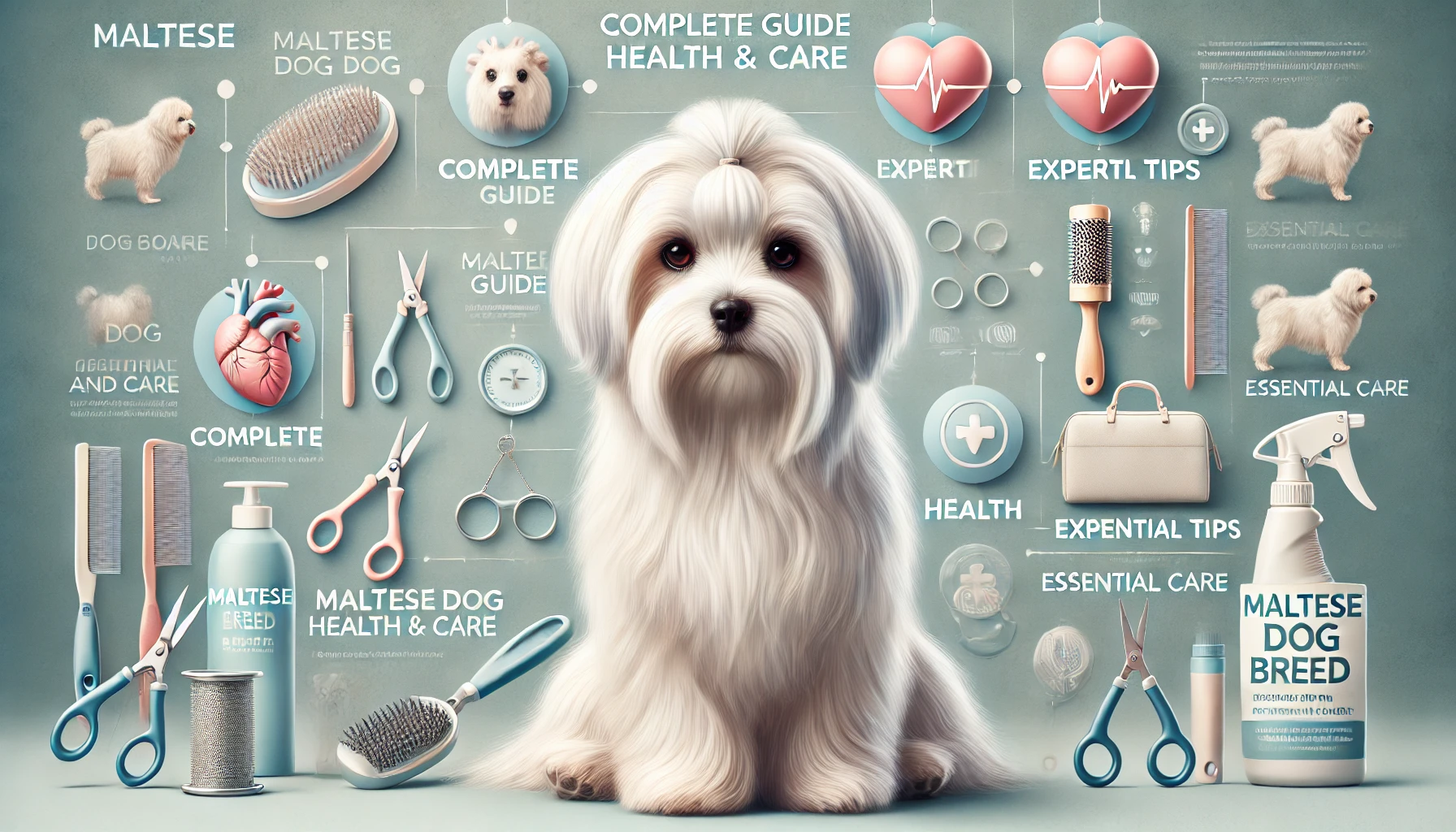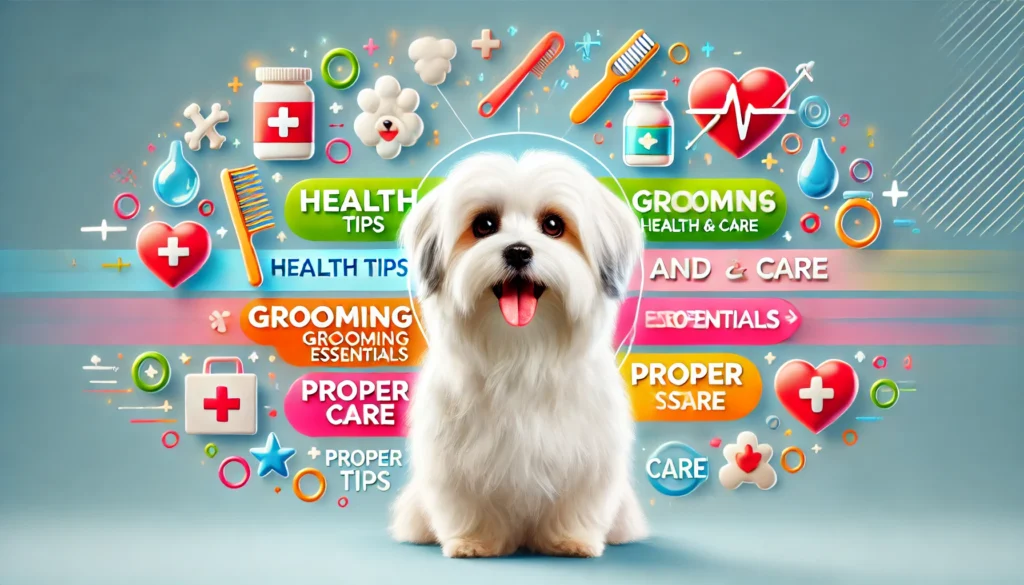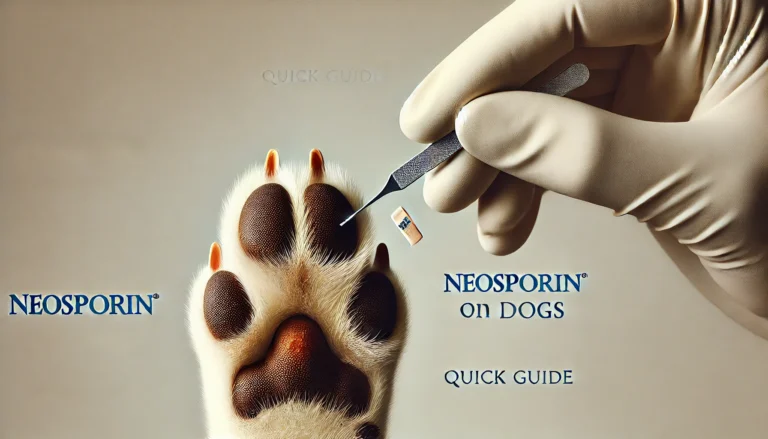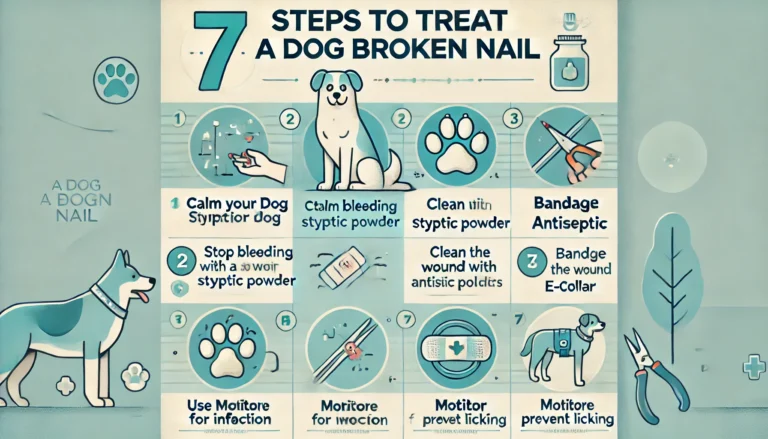Maltese Dog Breed Health and Care

An Extensive Guide
Maltese Dog Breed, Ah, the Maltese! A dog breed synonymous with elegance and affection, wrapped up in a tiny, silky-coated package. If you’re considering a Maltese or simply want to better care for your little friend, you’ve hit the jackpot with this detailed guide. From understanding the breed’s rich history to mastering their daily care, we’ll cover everything you need to know about keeping your Maltese healthy and happy.
Unraveling the Maltese Dog Breed
Historical Background
Tracing back to ancient civilizations, the Maltese Dog Breed has been a companion of nobility and commoners alike, originating from the Mediterranean island of Malta. Known for their role as lap dogs to the elite, the Maltese has a storied history that is as plush as their coats.
Breed Characteristics
The Maltese Dog Breed, often referred to as a “teacup” due to their petite stature, generally weighs between 4 to 7 pounds and stands 7 to 9 inches tall at the shoulder. Despite their small size, they possess a vibrant personality—playful, alert, and affectionate with their families. They are also characterized by their striking, floor-length white coats and expressive eyes, capturing the hearts of anyone who meets them.
Health and Longevity
Common Health Concerns
While Maltese Dog Breed are known for their overall robust health, they can be prone to certain conditions:
- Luxating Patella: Common in small breeds, this condition involves the slipping of the kneecap out of its normal position.
- Dental Issues: Due to their small jaws, Maltese Dog Breed can suffer from teeth crowding, leading to gum disease and tooth decay.
- Hypoglycemia: Particularly in Maltese puppies and miniature Maltese, maintaining proper blood sugar levels is crucial.
- Liver Shunt: Some Maltese Dog Breed may experience a congenital condition where blood bypasses the liver, failing to remove toxins from the body effectively.
do you know
Dog Dewclaws often go unnoticed until there is a problem. These little appendages, resembling thumbs on a dog’s paws, hold more significance than many might assume.
Life Expectancy
The life expectancy for Maltese Dog Breed typically ranges from 12 to 15 years. With proper care, regular vet check-ups, and a loving home, many Maltese can enjoy even longer lives.
Daily Care and Maintenance
Nutritional Needs
A well-balanced diet tailored to their specific life stage, size, and energy level is crucial for the health of a Maltese Dog Breed. Due to their propensity for dental issues, dry kibble can help reduce tartar buildup. Be mindful of their delicate digestive systems and adjust their diet if you notice signs of distress.
Grooming Essentials
The iconic Maltese coat, with its long, silky hair, requires daily brushing to prevent tangles and mats. Many owners opt for a “puppy cut” to simplify grooming. Regular baths and ear cleanings will also help keep your Maltese looking and feeling their best.
Exercise and Mental Stimulation
Despite their small stature, Maltese Dog Breed cherish playtime and walks. Daily exercise helps manage their energy levels and contributes to their mental health. Moreover, engaging toys and puzzles can help keep their sharp minds entertained.

Training and Socialization
Behavior and Training
Maltese Dog Breed are eager to please and respond well to positive reinforcement techniques such as praise and treats. Early and consistent training can help manage their sometimes stubborn streak and ensure they grow into well-mannered adults.
Socialization
Introducing your Maltese Dog Breed to a variety of environments, people, and other animals at a young age can help develop a confident and social dog. Puppy classes are a great way to start, providing socialization in a controlled setting.
Special Considerations
Health Monitoring
Regular veterinary visits are vital to monitor and maintain the health of your Maltese. Vaccinations, routine check-ups, and dental care are essential components of their health regimen.
Aging Care
As Maltese age, they may face increased health challenges, such as joint issues, vision and hearing decline, and general weariness. Adjustments to their diet and environment can help manage these age-related changes, ensuring their comfort and health in their golden years.
Breeding and Genetics
If you’re considering breeding your Maltese, understanding their genetic background is crucial. Reputable breeders will conduct comprehensive health screenings on potential breeding pairs to mitigate the risk of hereditary conditions being passed on to puppies.
Final Thoughts
Maltese dogs, with their regal appearance and spirited personalities, make fantastic companions. Their care demands dedication, particularly in grooming and health maintenance, but the rewards of their companionship are boundless. By providing your Maltese with a loving home, proper nutrition, and regular veterinary care, you’ll ensure they live a full and happy life, bringing joy and elegance into your everyday existence.
How healthy are Maltese Dog Breed?
Maltese Dog Breed are generally healthy, but like all breeds, they can be prone to certain health issues. Common concerns include luxating patella, dental problems due to their small mouths, and hypoglycemia, especially in younger or smaller dogs. They can also experience eye issues like tear staining and more serious conditions such as liver shunt. With proper care, regular veterinary check-ups, and a healthy lifestyle, Maltese can live a long life, typically 12 to 15 years, sometimes even longer.
Is Maltese Dog Breed a high maintenance dog?
Yes, Maltese can be considered high maintenance mainly due to their grooming needs. Their long, luxurious coat requires daily brushing to prevent tangles and mats and regular professional grooming to maintain a healthy and manageable condition. Additionally, their white fur can stain easily, necessitating frequent baths. Beyond grooming, their emotional and health needs also call for attentive care, including regular vet visits and engagement.
Are Maltese dogs easy to take care of?
Apart from their grooming requirements, Maltese dogs are relatively easy to take care of. They have modest exercise needs that can be met with short daily walks and indoor play. Their small size makes them suitable for apartment living and older owners. However, they do require regular dental care and may have dietary sensitivities that need attention.
What are the pros and cons of a Maltese dog?
Pros: Maltese are affectionate, charming, and adaptable, making excellent companions. They are small and can easily fit into various living situations, including apartments. They shed very little and are often considered good for allergy sufferers. Cons: Maltese require extensive grooming to maintain their coat and prevent matting. They can be prone to separation anxiety and may develop barking habits if not properly trained. Health-wise, they are susceptible to several genetic disorders, requiring attentive medical care.
What is the leading cause of death in Maltese?
The leading causes of death in Maltese dogs are typically heart-related conditions, cancer, and old age. Heart conditions can include issues like congestive heart failure, which is common in older dogs. As a breed prone to dental issues, poor oral health can also contribute to broader health problems, potentially affecting their longevity.
Are Maltese easy to potty train?
Maltese can be challenging to potty train, primarily due to their small bladder size and tendency to be stubborn. Consistency, patience, and positive reinforcement are key in training them effectively. Crate training and regular, frequent trips outdoors are recommended practices to help Maltese learn where and when it’s appropriate to go.
How many times do Maltese eat a day?
Maltese puppies should eat three to four times a day to support their rapid growth and high metabolism. Adult Maltese, typically over the age of one, can be transitioned to two meals a day. This routine helps prevent issues like hypoglycemia, which is particularly a concern in smaller and younger dogs.
Are Maltese intelligent?
Maltese are highly intelligent and responsive, making them excellent candidates for training. They are quick to learn new commands and tricks, especially when training is started early and positive reinforcement techniques are used. Their intelligence also means they need mental stimulation to prevent boredom, which can lead to destructive behavior.
What makes a Maltese happy?
Maltese thrive on companionship and enjoy being involved in family activities. They are happy when they have consistent interaction and affection from their owners. Playtime, gentle walks, and even agility or obedience training can contribute to their happiness by keeping their mind and body active.
Are Maltese loyal to one person?
Maltese often form strong bonds with one person in the household, typically the one who feeds, trains, and spends the most time with them. While they can be affectionate with all family members, their loyalty and attachment to their primary caregiver can be profound, making them excellent companions.
What not to do with Maltese?
Do not neglect their grooming needs, as their coat can quickly become matted. Avoid overfeeding, as Maltese can easily gain weight, especially if their exercise needs are not met. It’s also important not to leave them alone for long periods, as they can develop separation anxiety. Rough play should be avoided as well, due to their small size.
Can Maltese be left alone?
Maltese are prone to separation anxiety and prefer not to be left alone for long periods. If you must leave them, it should not be for more than a few hours. Providing them with toys and creating a comfortable space can help ease their anxiety when alone. Consider a pet sitter or daycare for longer absences to keep them company.






